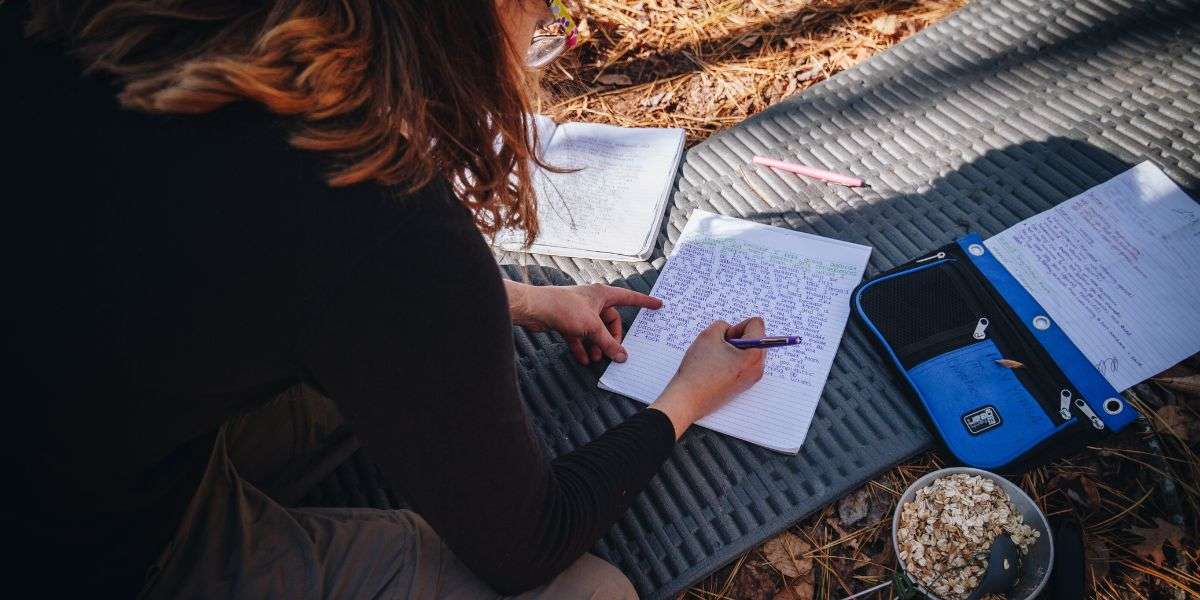With recent sweeping changes in students’ learning environments, more and more teens are struggling to keep up academically. As recent as October 2020, the Brookings Institution reported that teen disengagement from work and school is on the rise for students ages 16-19 in the United States. Oftentimes, academic struggles such as academic frustration, avoidance and failure are combined with other cognitive or psychiatric issues. This can create confusion surrounding where the individual may be struggling most. Sometimes, academic support can fall by the wayside when dealing with other, more pervading problems. Because of the connection between academic strife and other issues, Blue Ridge commonly provides support with academics and course credits as part of the individual’s treatment plan.
It can be difficult to spot academic problems before report cards come in. Students at risk for academic frustration, avoidance and failure often exhibit these symptoms:
More upset about school than their peers
Academically, mentally and emotionally overwhelmed by school
Avoidance of certain classes, teachers or activities
Negative attitudes and feelings about school have developed over time
Reactions of being physically sick (stomach ache, headache, nausea, throwing up, etc.) because of something school-related
Difficulty completing academic tasks or assignments
Decrease in academic motivation or grades; or failing a class
Skipping classes, missing school, or withdrawing from peers and activities (social isolation)
Certain patterns of behavior, like some of the symptoms listed above, only take place on school days
School related problems like frustration, avoidance and failure are often signals of a larger issue; Research suggests that students who fall into a pattern of refusing or avoiding school could be experiencing complex problems including (but not limited to) anxiety, technology addiction, depression, bullying, or (potentially undiagnosed) non-verbal learning disorders.
Helping your teen deal with academic issues can be tough- and you don’t have to go at it alone.
Blue Ridge is able to assess emotional and/or learning-based issues relating to poor performance in school, school refusal, and motivational problems. On site psycho-educational testing is available and top psychologists visit groups regularly to administer testing to assess these issues. They make treatment recommendations which are then integrated into overall treatment planning. The assessment and recommendations are also passed on to the student’s next academic setting to support their continued progress.
How academics work at Blue Ridge
We have partnered with Alta Independent to create a unique curriculum in which academics (elective courses and/or core credits) are available to all of our students. Your child will have the opportunity to earn elective credits during the duration of their wilderness therapy program just by participating and engaging in the program itself and working through their Student Pathway curriculum.
Academics and course credits are available to clients in grades 6 through 12. While in the program, your child will have the opportunity to complete 7 different courses. Upon completion of the program (minimum of 8 weeks), adolescent students are eligible to receive the following credits:
- JOURNALING/CREATIVE WRITING/READING
- WILDERNESS SCIENCE
- OUTDOOR SAFETY SKILLS
- LEADERSHIP
- PSYCHOLOGY
- LIFE SKILLS AND MINDFULNESS
- PHYSICAL EDUCATION*
Students can earn up to 3.5 middle or high school credits (0.5 credit per subject).
Alta offers Blue Ridge students three different options to tailor the credits to the student’s needs:
Students may either choose to receive a Pass (P)* grade or a Letter grade for the courses they choose, or they may receive core credits to apply towards their school's graduation requirements in English (Journaling/Creative Writing/Reading), Environmental Science (Wilderness Science), and Healthy Living (Life Skills and Mindfulness).
*Physical Education will automatically be issued as a 0.5 core credit class with an “A” grade on all options.
Blue Ridge offers an integrated, hands-on academic environment coupled with individualized therapy. This unique curriculum creates avenues for many of our clients to get their academic life under control during their stay in the program. Often, school is just one component of what a student is struggling with. If you are concerned about your teen’s academic progress, or if you’d like more information about Blue Ridge Therapeutic Wilderness, visit our admissions page or call an admissions counselor today at 888-914-1050.

